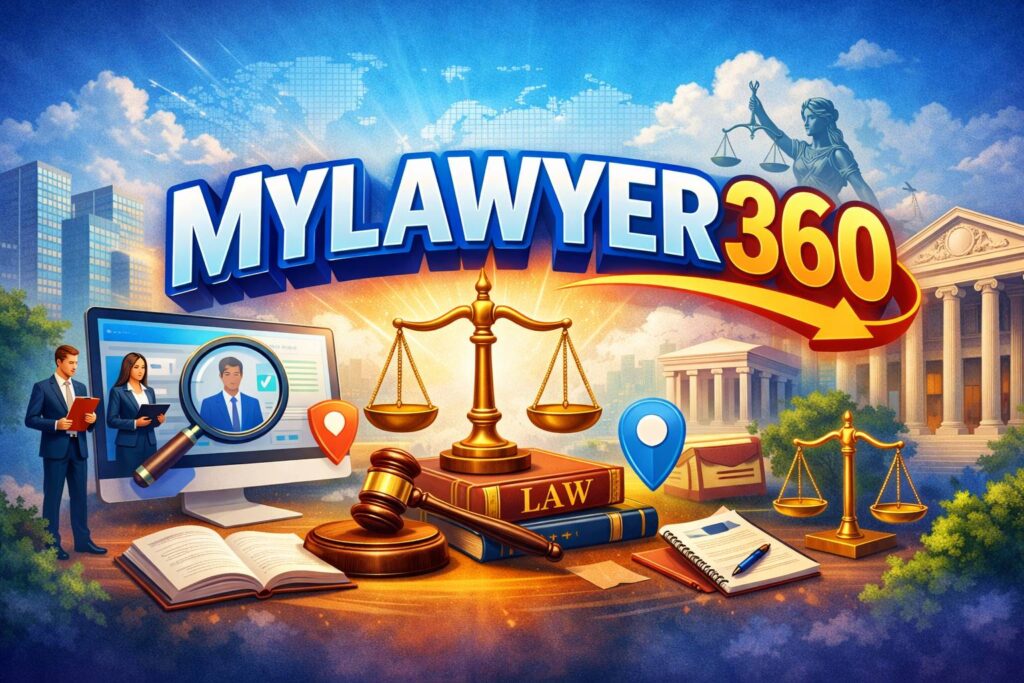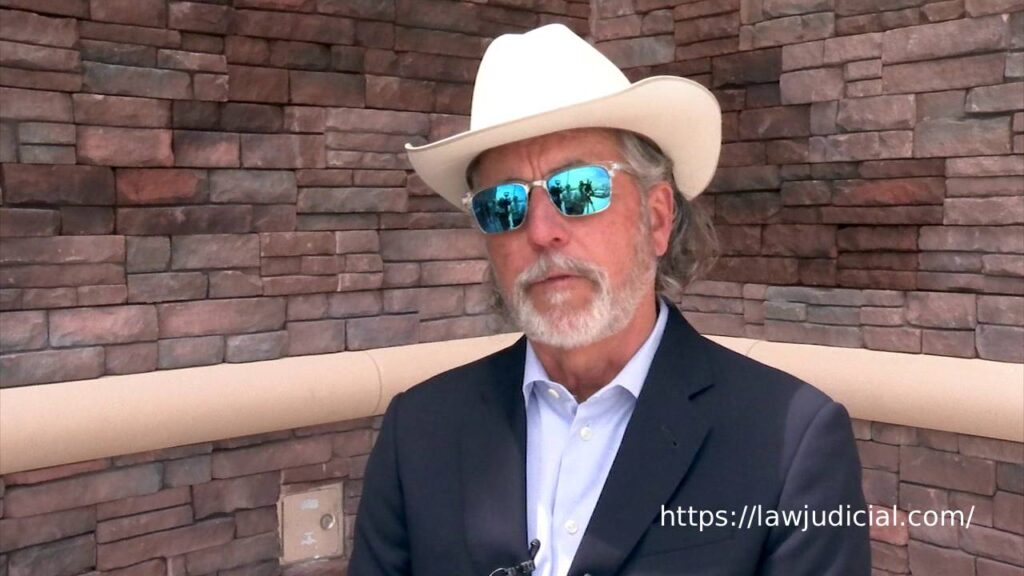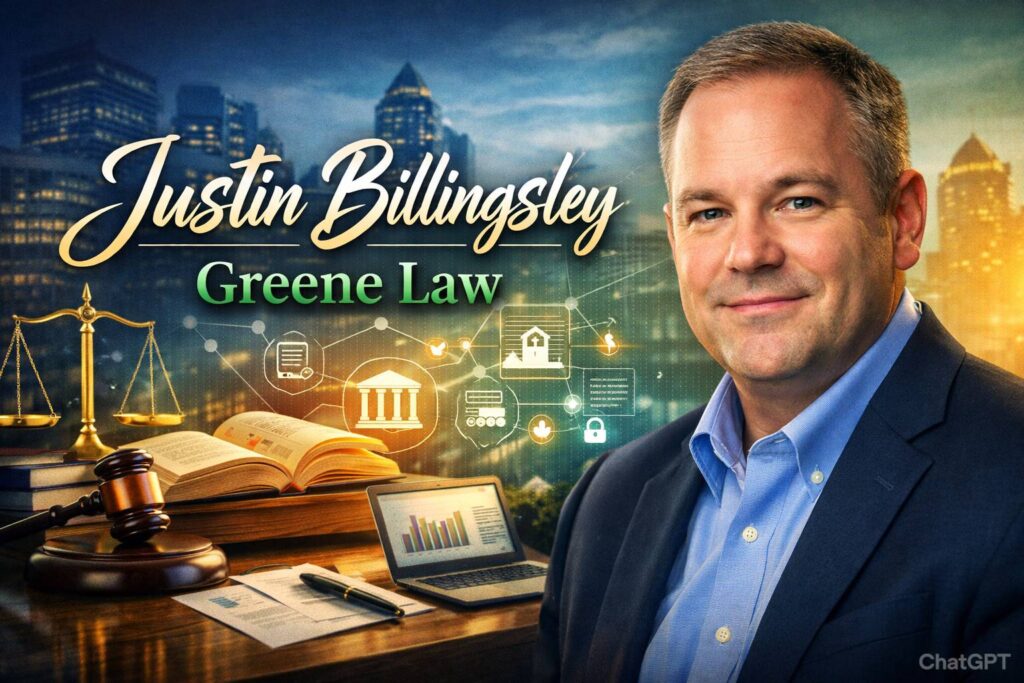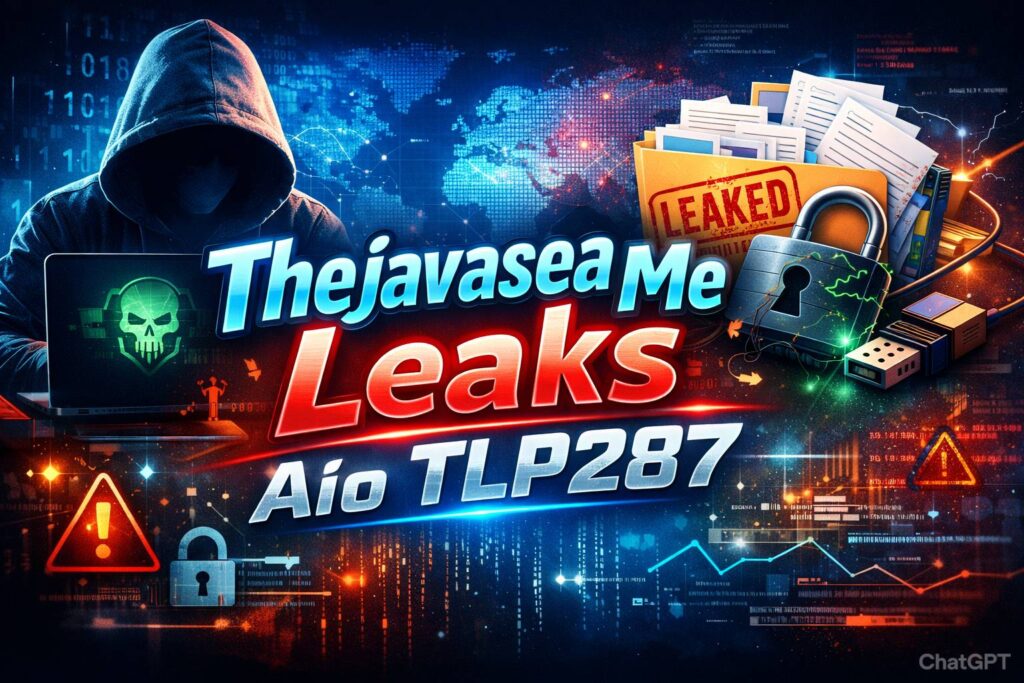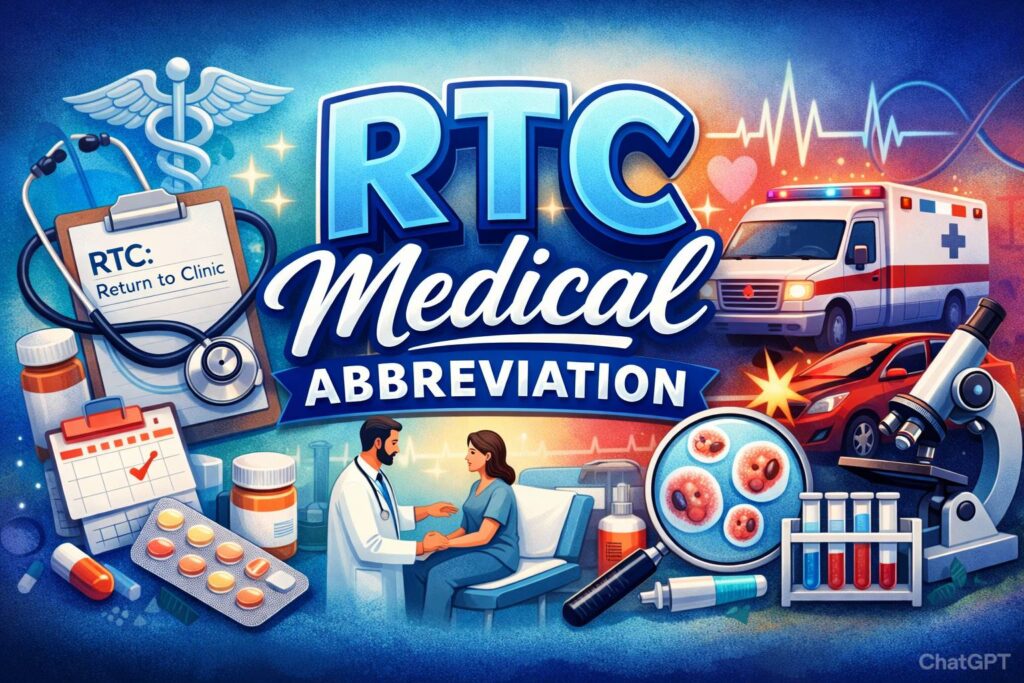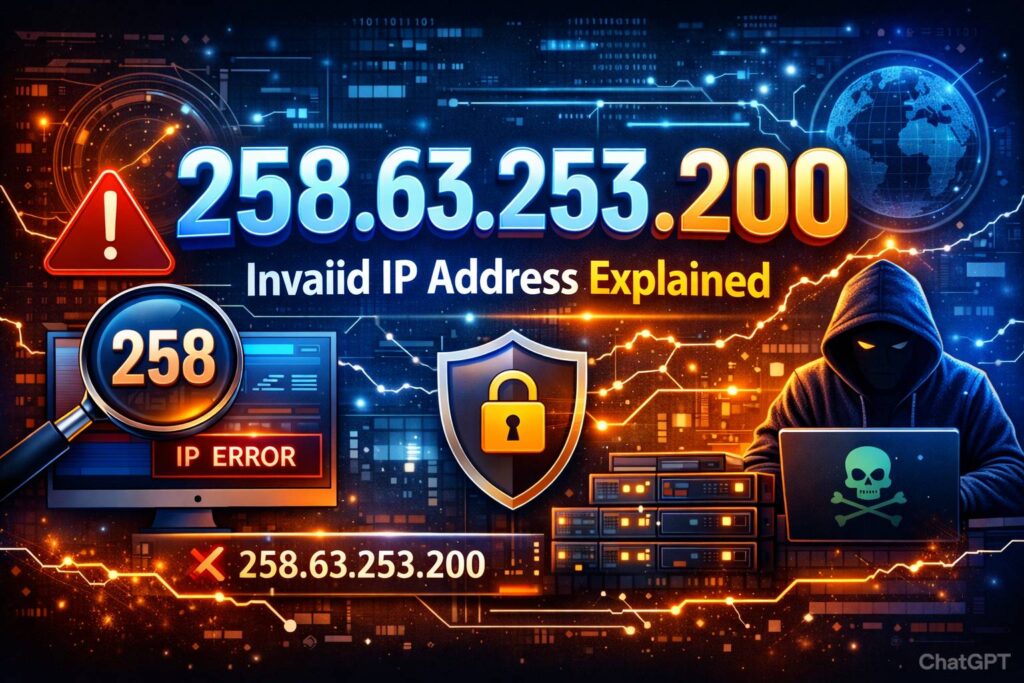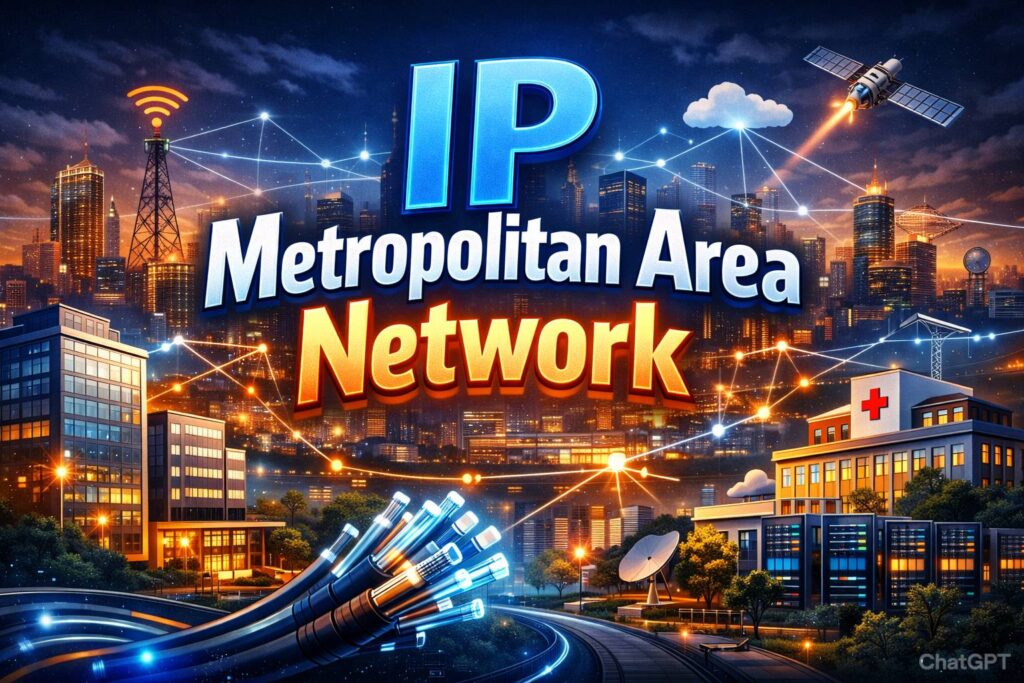The Importance of Ethics in Law Enforcement

Ethics play a pivotal role in law enforcement, yet violations of ethical standards are far too common. These breaches of trust not only damage public confidence but also hinder the ability of law enforcement to serve and protect effectively.
Ethical dilemmas in law enforcement go beyond isolated incidents—they reflect systemic challenges that can ripple through communities. For example, instances of racial profiling or corruption raise questions about fairness and accountability. In this article, we’ll explore why ethics are essential in law enforcement, the challenges officers face, and how ethical practices build trust and enhance public safety.
What Ethics Means in Law Enforcement
In law enforcement, ethics refers to the principles that guide officers’ decisions and actions, ensuring they uphold fairness, accountability, and respect for all individuals. Ethics in this context is not just about avoiding illegal activities; it’s about making the right choices, even when no one is watching.
For example, an officer responding to a minor theft must weigh the impact of arresting the individual versus finding a resolution that addresses the root cause of the issue. This decision requires not only knowledge of the law but also an ethical framework that considers justice and compassion. Ethical policing ensures that officers act with integrity, fostering trust between law enforcement agencies and the communities they serve.
How Education Shapes Ethical Decision-Making in Law Enforcement
Formal education plays a critical role in preparing individuals for ethical decision-making in law enforcement. Online criminal justice program, in particular, provide flexibility for students while offering comprehensive training in areas such as ethics, criminal law, and community relations. These programs emphasize the importance of fairness, accountability, and critical thinking—qualities essential for officers tasked with upholding justice.
Graduates of online criminal justice programs are better equipped to address ethical challenges and contribute positively to their communities. These degrees not only prepare individuals for the technical aspects of law enforcement but also ensure they are ready to lead with integrity and accountability.
Addressing Common Ethical Challenges in Law Enforcement
Law enforcement officers often face situations that test their ethical boundaries. One common challenge is the use of excessive force, which has been at the center of many public debates. Officers must decide how to respond to potentially dangerous situations while minimizing harm—a decision that requires both training and a commitment to ethical principles.
Another significant issue is racial profiling. While some officers may argue it helps prevent crime, profiling based on race or ethnicity undermines fairness and fosters distrust. Corruption, whether through accepting bribes or manipulating evidence, is another challenge that can destroy public confidence in law enforcement agencies. Addressing these challenges requires not only clear policies but also a strong organizational culture that prioritizes ethics.
The Role of Training in Promoting Ethical Practices
Ethics training is essential for preparing officers to handle the complex situations they encounter daily. Many police academies now include courses on ethical decision-making, focusing on real-world scenarios that officers are likely to face.
For example, officers might participate in role-playing exercises where they must decide how to handle a suspect who appears aggressive but is unarmed. These exercises help officers think critically about their actions and consider the potential consequences of unethical behavior. Ongoing training also reinforces these lessons, ensuring that ethics remain a priority throughout an officer’s career.
Leadership’s Influence on Ethical Policing
Ethical behavior within law enforcement starts at the top. Leaders who model integrity and accountability set the tone for their entire organization. Officers are more likely to act ethically when they see their superiors consistently making decisions that reflect fairness and respect for the law.
Strong leadership also means holding officers accountable for unethical actions. When leaders address misconduct transparently and impose consequences, they demonstrate that ethics are non-negotiable. This approach not only strengthens internal morale but also reassures the public that law enforcement agencies are committed to upholding justice.
Legal Consequences of Unethical Behavior
Unethical behavior in law enforcement often leads to serious legal repercussions. Officers who misuse their authority or break ethical codes may face lawsuits, job termination, or even criminal charges. For instance, incidents involving excessive force or evidence tampering can result in both civil and criminal penalties. These consequences are not limited to the individual officer; they can extend to the entire department, damaging its reputation and trust within the community.
When legal action is taken, it highlights the importance of maintaining accountability at all levels of law enforcement. Ethical lapses are costly—not just financially but also in terms of public trust and officer morale. Departments that implement strict oversight and disciplinary measures are better equipped to handle ethical violations and restore confidence in their practices.
How Community Engagement Enhances Ethical Policing
Ethics in law enforcement is deeply tied to community engagement. Officers who actively engage with the communities they serve are more likely to act ethically because they understand the importance of their role. Community policing programs, for example, encourage officers to build relationships with residents, making it easier to address concerns and prevent crime collaboratively.
When officers participate in local events, listen to community feedback, and maintain open communication, they demonstrate a commitment to ethical behavior. This connection not only improves public perception but also reduces tensions during difficult situations. Ethical policing is most effective when law enforcement agencies prioritize transparency and inclusivity in their interactions with the public.
Using Technology to Promote Accountability
Technology has become a valuable tool for ensuring ethical practices in law enforcement. Body cameras, for instance, provide a record of interactions between officers and the public, promoting accountability on both sides. These devices have been instrumental in resolving disputes, as they offer clear evidence of what occurred during an encounter.
Other technologies, such as data analytics and tracking systems, help monitor officers’ activities and detect patterns of misconduct. For example, early intervention systems can identify officers who may need additional training or oversight based on their performance data. By integrating technology into daily operations, law enforcement agencies can create a culture of accountability and transparency that supports ethical behavior.
By addressing ethical challenges, implementing strong leadership, embracing technology, and engaging with communities, law enforcement agencies can build a system that prioritizes accountability and justice. The path forward requires continuous effort and vigilance, but the result—a safer, more trusting society—is well worth it.
Ethical policing is not just about following the law; it’s about setting a standard of fairness, respect, and accountability that everyone can rely on. Law enforcement agencies that prioritize these values will find that they are better equipped to serve their communities and uphold the principles of justice.








